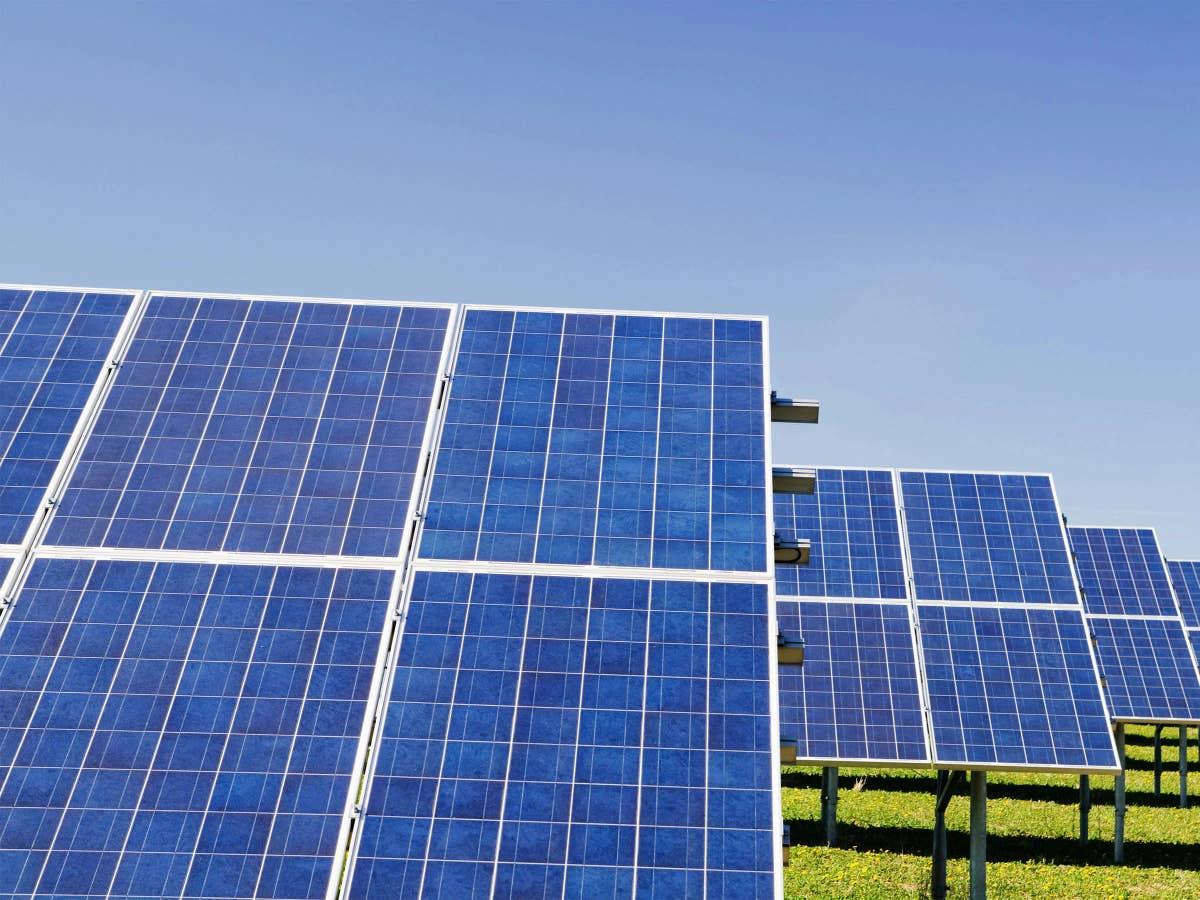How nice it would be if we could store electricity so we could have it months later when we need it – all without a battery. This storage technology will be revolutionary. This is exactly what is happening currently.

Solar module revolution – no need to store batteries again
If you want to store electricity, you currently need an electricity storage system. In addition to classic lithium-ion batteries, you can also choose from redox flow batteries. As storage technologies continue to improve, a new discovery could make them obsolete. Chemists at Friedrich Alexander University Erlangen-Nuremberg (FAU) and other research institutions in Germany, Australia, Great Britain, Italy, Sweden and the United States have discovered a special property of a hydrocarbon molecule that could radically change the way electricity is stored.
Solar module revolution: The panels themselves become energy storage devices
What makes this hydrocarbon molecule so special lies in its ability to convert sunlight into electricity or store it in chemical form over a long period of time. With the help of these hydrocarbon molecules, completely new organic solar modules can be developed that can store electricity autonomously. At the same time, this approach would solve a known problem in previous storage systems. Solar energy storage as we know it today involves significant conversion losses. By repeatedly switching between chemical and electrical energy, we lose at least 30 percent of the energy originally converted using this storage method. However, solar energy in particular is not always available in unlimited quantities. While it is produced in large quantities in the summer, the yield in the winter is rather small.
Likewise, sunlight can only be converted into electricity during the day, while we humans also need electricity at night. This means that some form of electricity storage is indispensable if we want to use as much of the electricity produced as possible. However, current storage systems are only suitable for long-term electricity storage in exceptional cases. An example of such technology is compressed air storage, which can be filled in the summer to provide energy again during the winter by opening valves. However, classic electricity storage systems for homes are designed for regular loading and unloading. A solar module composed of hydrocarbon molecules can store solar energy as chemical energy for several months.
Hydrocarbon isomers as a solution to storage problems?
These elements, called norbornadiene, which have the ability to be stored, are a hydrocarbon isomer consisting of two molecular rings. If you irradiate it with UV light, the isomer changes. Parts of its atomic bonds rearrange themselves, so that the more active norbornadiene tetracyclane is formed. The principle of this conversion has long been known to researchers. However, until now, there have been no attempts to intentionally use this conversion process to store electricity. Instead, Quadricyclane has been used to recover energy in the form of heat. The fact that we now want to control this process so that electricity can be accessed after months of energy storage is a new but promising approach.
The potential of this technology is great, and not just because the potential applications for solar energy will grow rapidly. The energy density of a storage system doesn't have to hide behind previous systems either. The energy density of the Norbornadiene Quadricyclane system is almost comparable to a lithium-ion battery. If scientists can find a way to trigger these processes with the push of a button, an entirely new type of solar module will be created. This is the kind of revolutionary solar panel that can generate and store electricity in one device at a time. Since all the materials can be produced inexpensively and do not require any rare metals, these solar modules will not only be particularly cheap. They can also be simply recycled. In addition, it will be guaranteed to be produced completely independently of international recycling chains. This is a huge advantage in the fight to protect valuable key technologies, such as photovoltaic technology, from trade crises and the like. However, until hydrocarbon isomers form our PV modules, science needs to do more research to better understand the processes.

Lifelong foodaholic. Professional twitter expert. Organizer. Award-winning internet geek. Coffee advocate.

